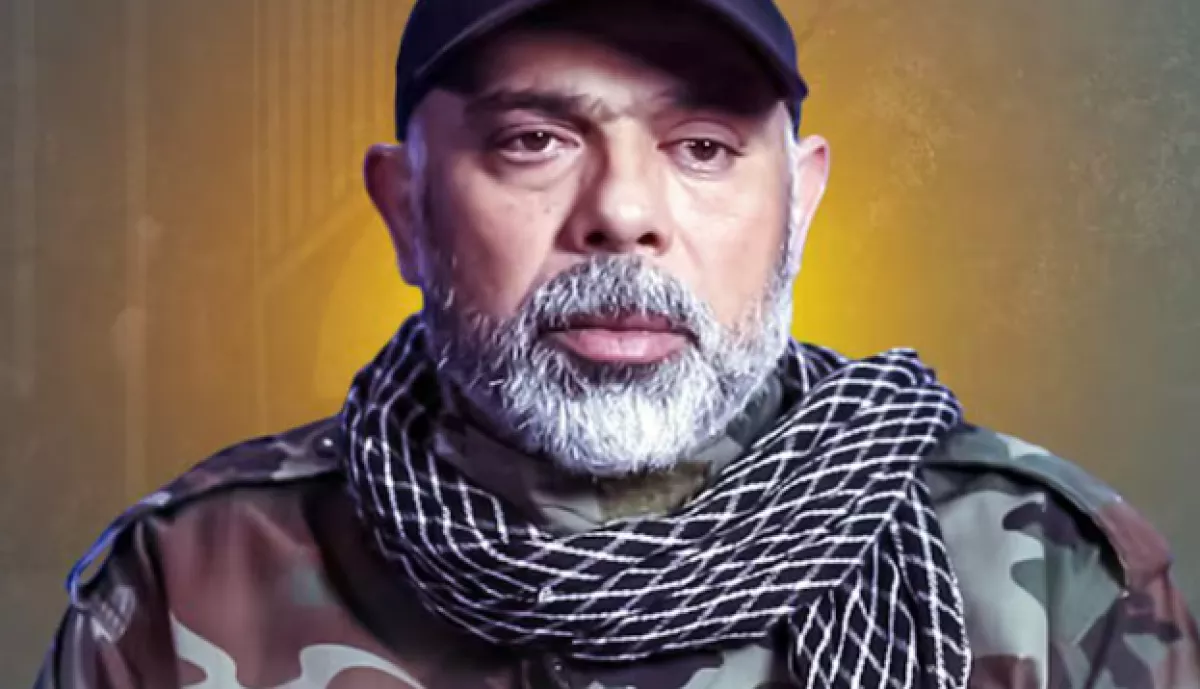Hezbollah confirms commander killed in Israeli air strike on Beirut suburb Photo
Hezbollah has confirmed that senior commander Haitham Ali Tabatabai was killed in an Israeli air strike on a suburban area of Beirut on November 23.
In a statement, the group described him as “the great commander” and said he was killed in “a treacherous Israeli attack on the Haret Hreik area in the southern suburbs, Caliber.Az reports, ciitng The National.
Tabatabai, deputy to Hezbollah secretary-general Naim Qassem, is the most senior Hezbollah commander killed by Israel since the November 2024 ceasefire between the two sides came into force.

Hezbollah added that “His great sacrifice will bring renewed hope, determination and strength to his fellow fighters, and reinforce their resolve to continue the path.” Four other Hezbollah members were also killed in the attack.
The strike targeted an apartment building in a busy area of Beirut, ending approximately five months of relative calm in the city’s southern suburbs, a Hezbollah stronghold, following a previous Israeli attack in June.
The office of Israeli Prime Minister Benjamin Netanyahu said the strike was ordered on the recommendation of Defence Minister Israel Katz and army chief Lt Gen Eyal Zamir, adding that “Israel is determined to act to achieve its objectives everywhere and at all times.”
The United States had previously sanctioned Tabatabai, labelling him a “specially designated global terrorist” and offering a reward of up to $5 million for information on him.
The US State Department said he had commanded special forces operating in Syria, where Hezbollah supported the Bashar al-Assad regime.
Other militant groups across the region allied with Iran have issued statements mourning Tabatabai.
Israel has repeatedly threatened to escalate attacks on Lebanon, citing delays by the Beirut government in disarming Hezbollah. The US has also pressed Lebanon to show progress on the issue. Hezbollah, however, has rejected any conversation over its weapons under current circumstances.
By Sabina Mammadli








